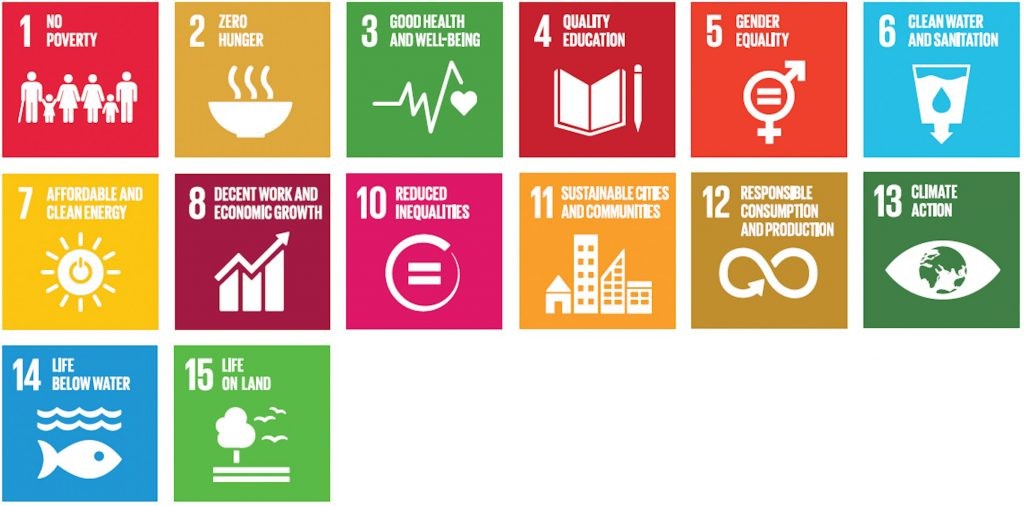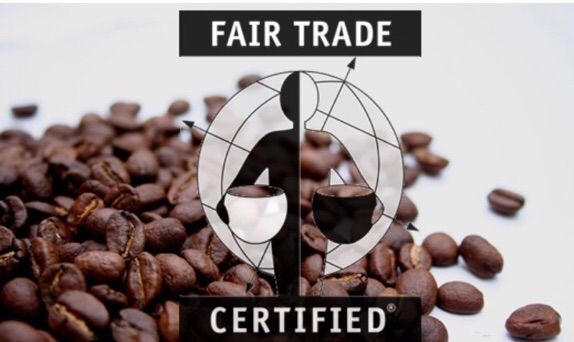“We need to recognise that our personal pleasure from an unfairly traded product, such as coffee or chocolate, results in increased poverty for many.”
Professor Ian Thomson writes for the Birmingham Business School Blog:
The value of trading fairly is often under-estimated. Its cost is over-estimated.
Still, the reputation risk of not doing so is rarely mentioned or measured. Imagine if a business is “ethic-shamed” for not using the most fair trade options. How resilient is corporate social responsibilistrategy when it comes to “fairness-audits” of procurement practices?
How would it respond to criticism about use of non-fair trade products?
*Would ignorance count as a robust enough defence?
*How credible would a “costs too much” defence be?
*Could it survive juxtapositions between a CEO’s salary or dividend payments and the pictures showing the existential misery of workers who are at the wrong end of the value chain?
Businesses have to recognize that global markets function through their ignorance towards social injustice and ecological destruction. Purchasing fair trade products is one of the easiest ways to make a positive impact on those suffering from the inequities associated with global supply chains, but it is sometimes perceived as expensive or poor value for money.
We need to recognize that our personal pleasure from an unfairly traded product, such as coffee or chocolate, results in increased poverty for many. Perpetuating avoidable inequity through unfair trade is both irresponsible and unsustainable.
A quick survey of UK supermarkets identified an average fair trade premium of 50p for a 250g packet of ground coffee. This average cost only equates to four minutes work at the UK minimum wage, two minutes work at UK average salary, or 0.6 minutes for the average CEO. If individuals switched to fair trade coffee for a year, this would require only two extra hours at minimum wage, or just 18 minutes for a CEO. This small change can increase an impoverished coffee farmer’s average income by 40%. Imagine the improvements that this could make for their lives and the opportunities that would be created for their families and communities.
If 100% of the UK switched to fair trade coffee, an additional £1bn value could be created for coffee farmers across the globe. A small amount of extra work per year – which equates to less than the time that is spent on social media per day – could make a massive difference. These statistics don’t even cover premium fair trade coffee, which happens to be cheaper than many conventional premium coffee brands. Premium coffee drinkers can save their own money and improve the lives of many.
Fair trade products do much more than improving revenue distribution across value chains. Trading fairly can make a positive impact on almost all the UN Sustainable Development Goals, a framework to make the benefits of fair trade more visible.

“A Different Way of Doing Business”
Fair trade is more than certified consumer brands. It is a different way of doing business, with logic htat can be effectively applied in many situations, locally as well as globally. T
Consider the case of a care provider that was forced to regularly employ agency staff. These agency workers were expensive, were inappropriately qualified, received less than minimum wage, and were subjected to abuse of their employment rights with little or no training opportunities. Discussions with other care providers in the region revealed similar concerns, but all felt powerless to do anything individually.
Collectively, they created a fair trade alternative, a not-for-profit agency to enable staff sharing, agency working and collaborative training programmes. This model substantially reduced agency fees, provided greater certainty on working hours, improved working conditions and saw a substantive increase in salary. This is one example of how fair trade logic can create solutions based on collaboration, partnership, future capacity building, social justice, a consideration for human rights, and greater economic equity throughout the value chain.
Fair trade thinking has the potential to transform business relationships and society along a responsible trajectory, creating many win-win scenarios and real change.

